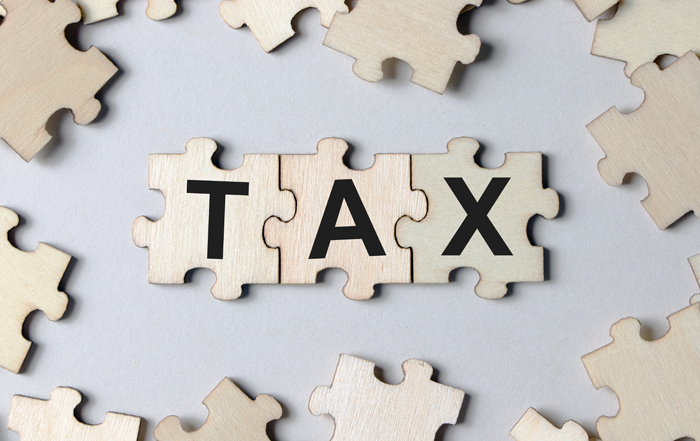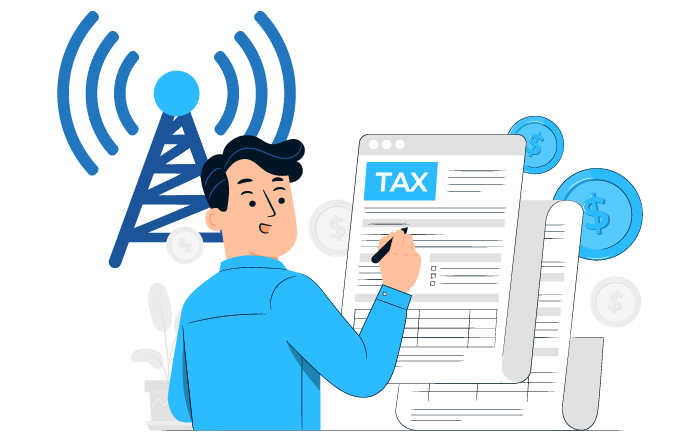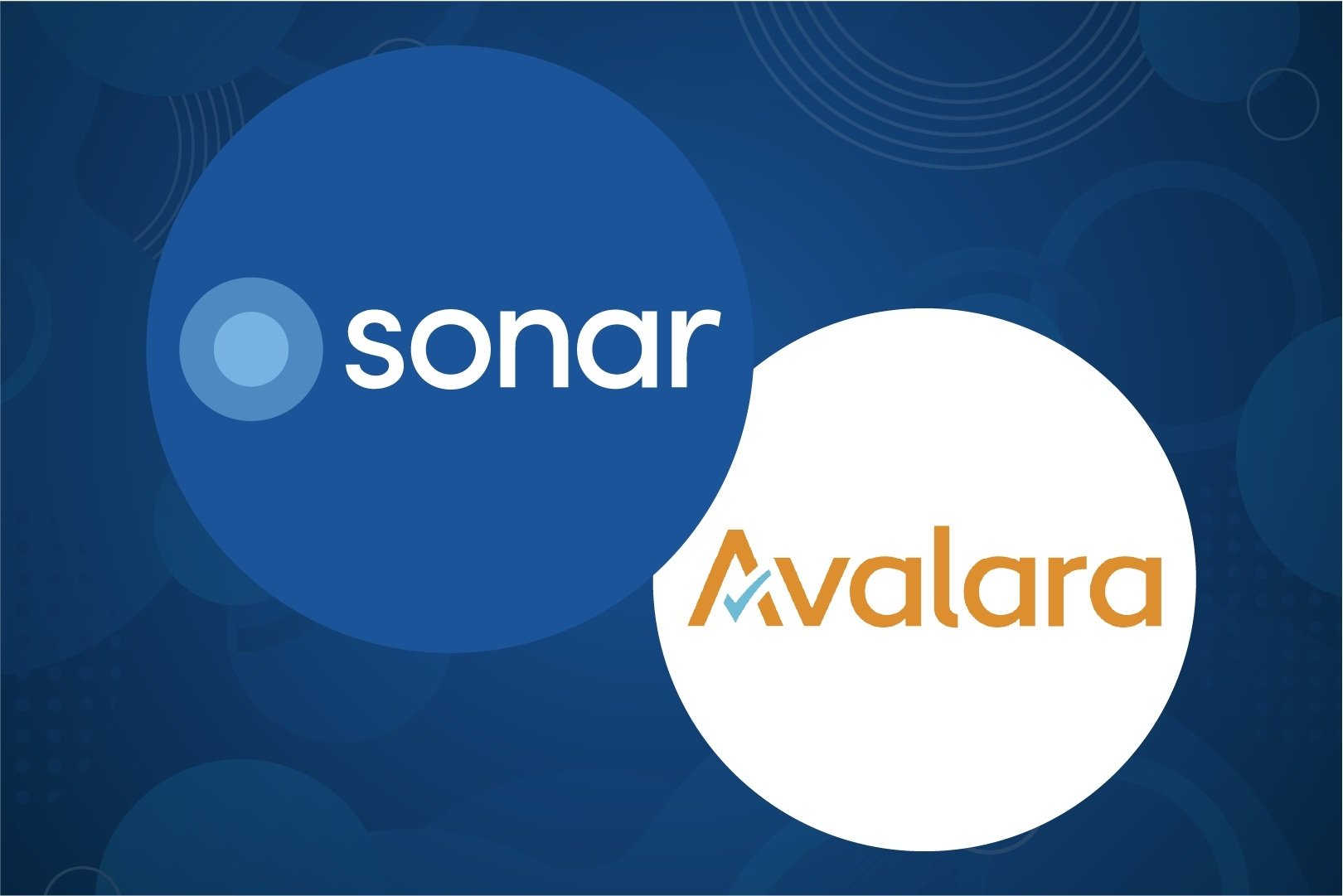Telecommunication Taxation: Common Challenges and Solutions
Telecommunication taxation is a critical facet of the ever-evolving telecommunications industry, wielding substantial implications for providers...

Taxation in the telecommunications industry is a complicated topic. A common misconception with taxation is that no taxes are due because no physical goods are being delivered. Unfortunately, this is not the case, and the requirements for taxation on telecommunication services are both varied and complex. This is largely due to distinct differences in rulesets between federal, state, and municipal taxation requirements.
In this article, we hope to provide you with some information that will clarify the taxation requirements and help your business reach a position of success.
As users and systems shift away from traditional communication methods, changing standards have resulted in changing expectations for regulatory commissions to tax services. While the communications tax used to be applied uniquely to landline services, usage in that sector continues to wane. To that end, it’s important to understand which services have a communications tax applied to them and to determine if the services you offer fall under those categories in order to maintain compliance.
In most cases, communication taxes will apply to the following telecom services:
In most cases, it’s worthwhile to conduct additional investigation into specific tax burdens any time the service is being offered, especially when the service connects to the internet or has to do with telecommunication services.
Once you’ve determined whether or not your business may need to account for communication taxes, and which of your services these taxes would apply to, you’ll need to prepare for the remaining taxes charged by the various levels of government, and determine the exemption amounts where applicable. TaxConnex released an excellent article highlighting 10 tips for businesses in the telecom or VoIP industry, listed below:
Following these steps will place you in the best position to ensure you’re meeting all taxation requirements.
Having the right tools for the job makes calculating your tax burden easier, and Sonar is positioned to provide you with these tools. With the built-in tax tools allowing you to define multiple levels of global or geographical taxes to specific services in your instance, you’ll be able to quickly manage every aspect of your tax obligations, including communications tax, at the Federal, State, and Local levels. Each tax can be applied to individual services, and when these services are applied to an account they can be individually exempted.
Furthermore, the built-in Business Intelligence reporting available from your Sonar dashboard includes a detailed “Taxes” report, providing you with information on all taxed and tax-exempt transactions that occurred in your instance. This means you’ll be able to quickly find the information you need to determine taxable invoice revenue, taxable discounts and credits, and overall taxation amounts for your business, as long as the transactions are recorded within Sonar.
Managing taxes for an organization can be challenging, even with the assistance of recorded transactions and software calculations. We understand that everyone has their preference as well, and some businesses would rather offload the handling of their taxes to a professional team, either for complexity reasons or due to personal preferences. For this reason, Sonar natively supports integration with Avalara, allowing you to provide them with your transaction data automatically and let Avalara calculate your tax obligations.
Offloading the process of calculating taxes means removing the pressure of navigating complex tax jurisdictions and obligations, while simultaneously being sure that you’re correctly reporting all taxes, including mandatory communications tax.
Whether you opt to calculate taxes manually with accounting software, with the assistance of Sonar, or through the integration with Avalara, taxes can still be complicated. Consulting experts is always an option, like the telecommunications specialists at MossAdams.
Making sure you’re meeting your tax obligations isn’t just a good idea, it’s mandatory in order to continue operating in the industry and succeeding as a company. Having the tools available to your organization means you can stay a step ahead of your competition, swiftly proceeding through tax season while they struggle.
If you’d like more information on how Sonar can help you monitor your transactions, calculate your taxes, and provide you with a detailed breakdown, schedule a demo today.

Telecommunication taxation is a critical facet of the ever-evolving telecommunications industry, wielding substantial implications for providers...

Internet Service Providers face the complex challenge of navigating tax compliance across numerous jurisdictions, especially as services...

FRISCO, Texas, September 27th, 2023 – Sonar Software, an award-winning BSS and OSS solution for internet service providers, today announced it has...